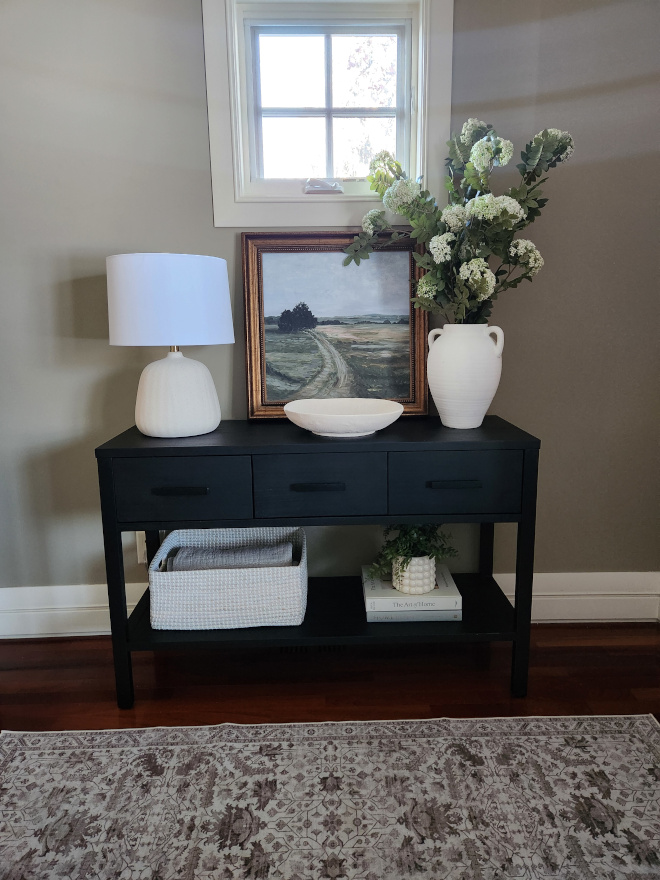
Most people have hundreds, if not thousands, of photos stored on their devices that rarely see the light of day. These digital memories often remain buried in folders, forgotten despite their sentimental value. Creating a Mixtiles photo book offers a practical solution to this common dilemma.
Many homeowners find that thoughtfully designed photo books bring memories back into daily life in a way that’s both beautiful and meaningful, turning digital clutter into cherished keepsakes.
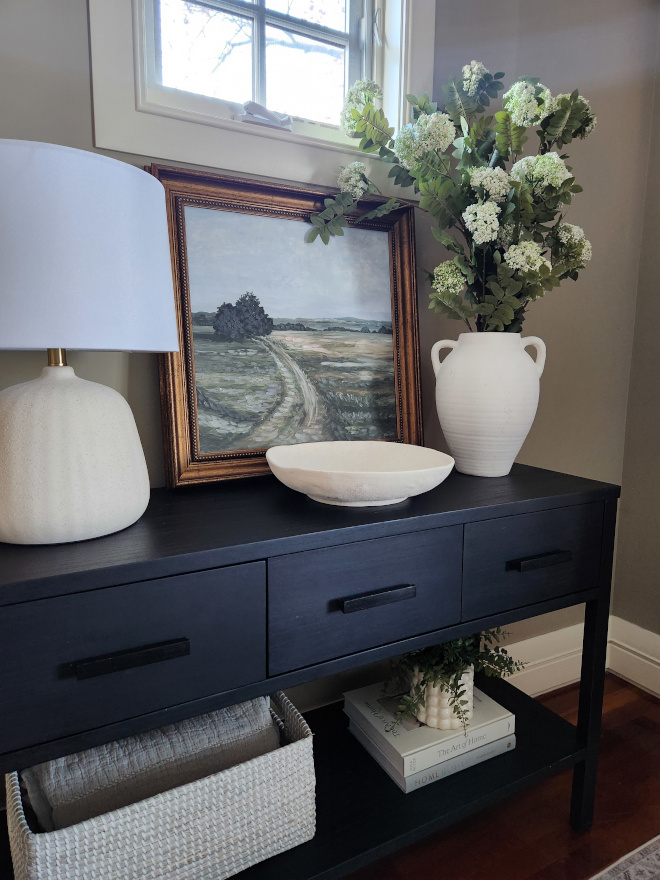
There’s something deeply satisfying about seeing life unfold page by page. A chronological layout creates a natural narrative that helps readers relive moments in the order they happened—like watching a personal movie.
Start with a clear beginning point—perhaps a wedding day, home purchase, or child’s birth. From there, create a consistent rhythm by allocating similar amounts of space to similar time periods. Many families find that dedicating 2-4 pages per year works well for family books, while vacation photo books might dedicate a page to each day.
For a five-year family book, page dividers with the year printed in a simple font help visitors understand the timeline without disrupting the visual flow. Subtle visual cues like slightly changing background colors as years progress can also guide viewers through the chronology.
Milestone moments deserve special treatment within the chronological flow. For standout events—birthdays, graduations, anniversaries—consider using a full-page spread or a slightly larger photo placement.
One mother created a beautiful book documenting her daughter’s first three years, marking milestones like first steps and first words with small captions in a handwriting font. This added personal context without overwhelming the photos.
Not every photo deserves equal space. Varying photo sizes creates visual interest and helps emphasize what matters most. For everyday moments, smaller photos work perfectly, while once-in-a-lifetime events benefit from larger displays.
In a cross-country road trip book, small photos might showcase casual moments like diner stops, medium-sized images capture scenic overlooks, and full-page spreads highlight destinations like the Grand Canyon and Yellowstone. This size variation naturally guides viewers through the relative importance of each memory.
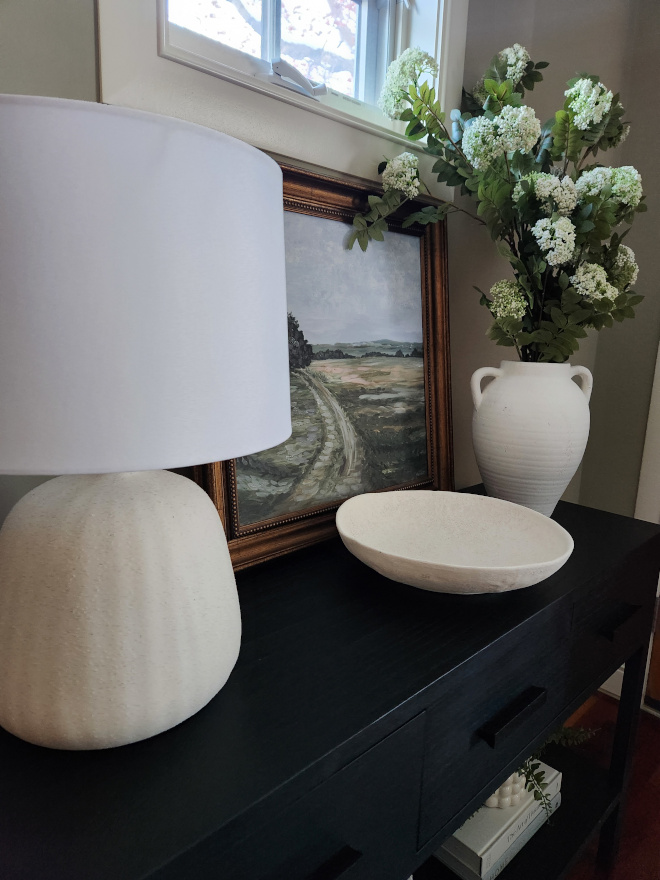
Sometimes life doesn’t fit neatly into chronological boxes. Theme-based layouts group photos by subject matter rather than timeline, creating focused collections that highlight connections between moments across time.
Seasonal themes tap into the natural connection to the rhythm of the year. Try creating sections for winter, spring, summer, and fall, gathering photos from multiple years into each seasonal category.
A “Family Traditions” book might include sections for each season—winter holidays showing Christmas mornings across five years, spring sections with Easter egg hunts and garden planting, summer beach trips, and fall pumpkin patches and Halloween costumes. Seeing the same activities across different years creates a powerful sense of tradition and growth.
Travel-themed layouts work beautifully when multiple destinations have been visited. Instead of creating separate books for each trip, combine them into a travel anthology organized by location.
One homeowner created a “World Adventures” book with sections for different continents and countries, using maps as section dividers and including small snippets of ticket stubs and receipts photographed alongside vacation photos. The result tells a story about exploration style rather than just documenting individual trips.
Birthday parties, anniversaries, graduations, and holiday gatherings make perfect themed collections. Grouping these celebrations together highlights how traditions evolve while the important things—the people and the love—remain constant.
For a 40th anniversary gift, a “Celebrations” book with sections for Christmas gatherings, summer barbecues, and birthday parties across four decades shows how parents age while the family expands with grandchildren. This creates an emotional impact that a strict year-by-year approach might not achieve.
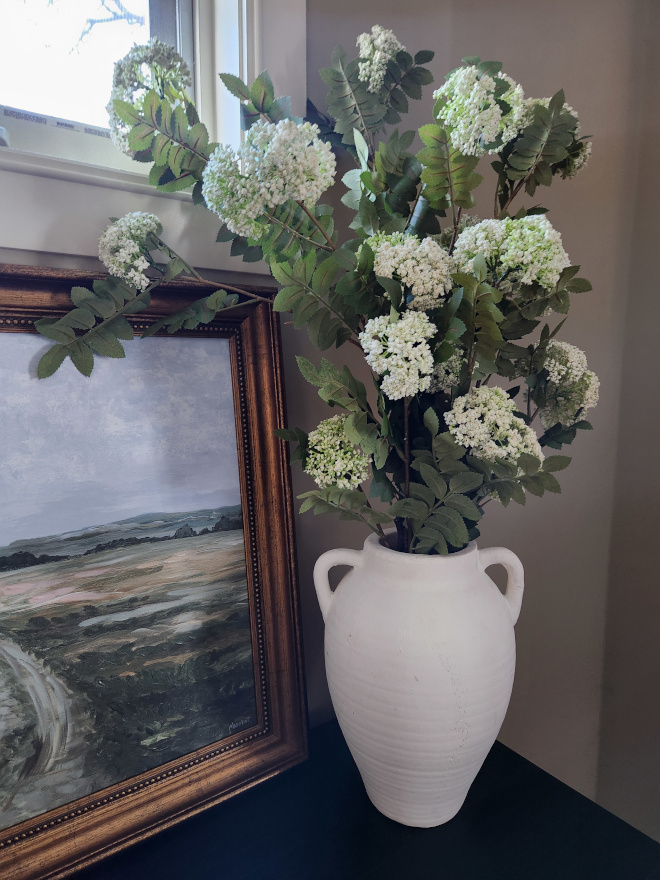
One of the most visually striking approaches is organizing photos by color palette. This method prioritizes aesthetic harmony over chronology or theme, creating a book that functions as both memory keeper and artistic display.
Try dedicating sections to different color families—blues, reds, greens, neutrals. Many photographers are surprised by how many photos naturally fit into color categories, from blue-toned beach shots to warm sunset portraits.
An artist created a stunning “Blue Period” section in her family book, gathering ocean vacations, blue-sky picnics, and winter snow scenes. The color consistency created a meditative quality that made the memories feel somehow more profound.
For a more dynamic approach, try organizing spreads around complementary color pairs: orange and blue, purple and yellow, red and green. Look for photos where these colors appear naturally, either in the setting or in clothing.
This approach works well for a garden photo coffee table book. Each spread might pair complementary plant colors—purple lavender with yellow sunflowers, red roses with green foliage. The color relationships make even simple flower photos feel intentional and artistic.
Another approach is organizing by color temperature—warm tones (reds, oranges, yellows) in one section and cool tones (blues, greens, purples) in another. This creates distinct emotional sections within the book.
For a family vacation book, grouping all golden-hour beach sunset photos in a “Warm Memories” section and morning hikes and ocean swims in a “Cool Adventures” section naturally separates different types of activities and moods.
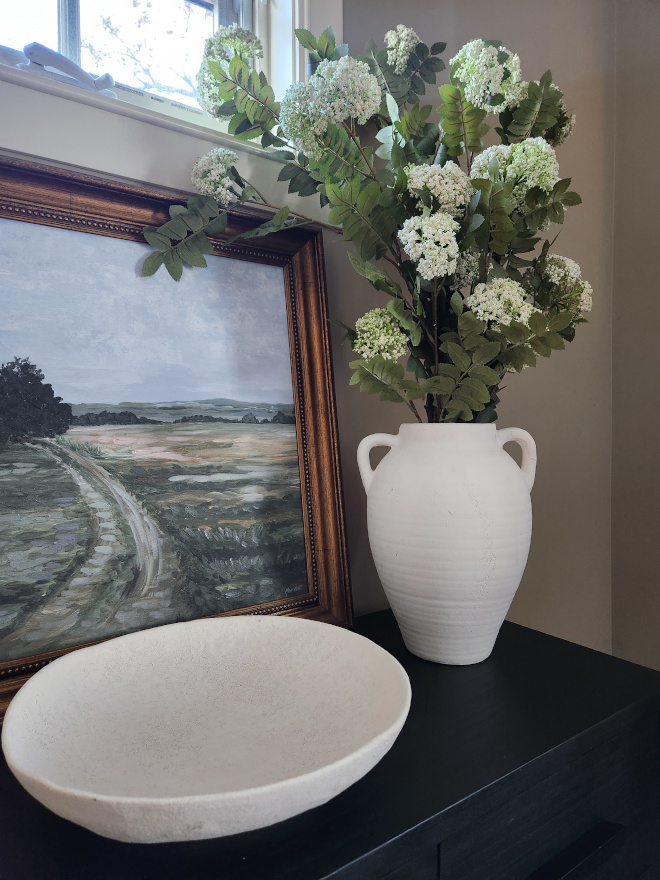
Grid layouts bring order to photo chaos, creating satisfying patterns that can accommodate lots of images without feeling cluttered. They’re perfect for fitting more memories into fewer pages.
Equal-sized square photos arranged in clean grid patterns create a modern, Instagram-like aesthetic. This works especially well for everyday moments that might not merit a full-page spread but still deserve to be included.
For a baby’s first year book, monthly grid pages with nine square photos showing everyday moments—bath time, tummy time, naps with the dog—alongside bigger milestone moments featured on other pages provide context for daily life that milestone pages alone would miss.
For more visual interest, try varying photo sizes within a structured grid. One effective approach is using a large anchor photo surrounded by smaller supporting images.
When documenting a home renovation, this technique works well—a large “after” photo of each room serves as the anchor, surrounded by smaller progress shots and detail images. The hierarchy makes the narrative clear while still preserving the process photos.
Even within a grid, attention can be directed by strategically placing the most important images. Center placement naturally draws the eye, as does positioning at intersections within the grid.
In a family reunion book, placing group photos at grid intersections and surrounding them with candid shots of smaller interactions creates natural focal points that help viewers understand the relationships between the more casual moments.
Photo books shine when they help tell a family’s story across generations. A family tree layout creates a visual representation of connections that words alone can’t capture.
Start with the oldest available family photos and work forward through time. Consider dedicating spreads to each generation, with parents in the center and children branching outward.
One family created an ancestry book that devoted a full page to each ancestor couple, followed by pages showing their children, creating a visual flow through time. Maintaining consistent positioning—grandparents always in the upper corners, parents centered, children in a row below—makes the family structure immediately clear.
Include more than just portraits in a family tree book. Adding photos of meaningful locations, heirlooms, handwritten recipes, or immigration documents tells a fuller story.
A heritage book for children might include photos of ancestral villages, Ellis Island records, and first homes in America. These context photos bring family portraits to life and help younger generations connect with their history.
Family tree books benefit tremendously from brief, handwritten-style captions. Including names, dates, locations, and small anecdotes preserves details that might otherwise be forgotten.
Rather than formal biographical information, capturing personality with specific details like “Grandpa Joe, who whistled while he worked and never met a stray dog he didn’t feed” tells future generations more than just birth and death dates.
Annual documentation creates a satisfying rhythm and makes photo organization manageable. Instead of facing an entire photo library at once, focusing on curating one year at a time is more approachable.
Dividing each year into monthly sections creates a natural structure. Aiming for consistency by including the same number of pages for each month ensures no season gets shortchanged, even if some months have fewer standout events.
For annual family books, dedicating a two-page spread to each month, with a calendar-style heading showing the month name, makes it easy to find specific memories later and ensures balanced documentation throughout the year.
Within the monthly flow, allow flexibility for special events that deserve more space. Birthdays, vacations, and holidays can receive expanded coverage without breaking the overall structure.
In a 2022 family book, maintaining the monthly structure but expanding July to four pages to accommodate a national park road trip allows the expanded section to feel natural within the monthly framework while giving proper space to a significant memory.
Year-in-review books provide perfect opportunities to document growth and change. Consider including a progress series—same location, different seasons, home renovation stages, or children at the same spot throughout the year.
A grid showing children in the same porch swing on the first day of each month, with the seasons changing around them while they gradually grow, creates a powerful visual story about the passage of time.
Homes contain countless memories tied to specific spaces. A room-by-room approach creates a meaningful record of how spaces are actually lived in and used.
Living rooms and family rooms often host the most significant family gatherings. Document how these spaces change with holidays, how furniture arrangements evolve, and how family activities center around these communal areas.
In a “Home Stories” book, including photos of a living room decorated for different holidays, game nights around the coffee table, and quiet Sunday mornings with kids reading on the couch reveals how one space serves many different functions in family life.
Kitchens and dining areas hold some of our most sensory memories—holiday meals, birthday cakes, weekend breakfasts, and everyday dinner conversations.
A “Kitchen Stories” section might document everything from children learning to bake cookies to multi-generational holiday meal preparations. These photos capture not just what a kitchen looks like, but how it functions as the heart of the home.
Bedrooms, home offices and hobby areas reflect individual personalities and interests. Including these more private spaces creates a more complete picture of daily life.
Documenting children’s bedrooms each year captures how their interests evolve through changing decorations—from dinosaurs to sports teams to band posters. These photos preserve phases of childhood that pass quickly and are often forgotten.
After exploring numerous photo book options, many users find that Mixtiles photo books offer several unique benefits that address common frustrations with traditional albums.
The flexibility to rearrange pages, change layouts, and update content makes Mixtiles books adaptable to specific visions. Unlike traditional photo books with fixed templates, true customization is possible.
When creating a dance recital book, being able to mix full-page performance shots with grid layouts of backstage moments and preparation allows for prioritizing the most meaningful images without forcing them into pre-made templates.
The ability to add pages over time is particularly valuable. Traditional photo books are finished products, but life continues to happen after printing them.
For family yearbooks, starting with core pages in January and adding seasonal sections throughout the year results in a complete annual record without the year-end stress of creating an entire book at once. This approach makes consistent documentation actually sustainable.
The paper quality, color accuracy, and binding durability make these books feel like professional keepsakes rather than casual photo prints. The matte finish reduces glare and fingerprints, making them practical for regular handling.
For a memorial book created after a grandmother’s passing, professional quality gives appropriate dignity to the collection of photos spanning 94 years, and the durability allows multiple generations to handle the book without damage.
Creating a beautiful photo book is only half the challenge—finding the right place to keep it so it’s actually seen and enjoyed requires some thought as well.
Before designing a book, consider where it will live in the home. Coffee table books can be larger, while books intended for bookshelves should be sized to fit standard shelf heights.
Family yearbooks on a living room bookshelf might be designed with uniform sizes (8×8 inches) to create a visually pleasing collection that fits perfectly on shelves. For special vacation books that live on a coffee table, larger formats that invite browsing make more sense.
Think about where natural and artificial light falls in the home. Books displayed in bright window areas benefit from UV-resistant covers, while books in dimmer areas might need brighter photo editing to compensate.
Many homeowners learn this lesson the hard way after placing a special album in a sunny spot where the colors noticeably fade over time. Keeping special books away from direct sunlight or choosing display options with UV protection helps preserve them.
Not every photo book needs to be displayed year-round. Consider creating a rotation system that brings different books into focus during relevant seasons.
A dedicated spot on an entryway table for rotating photo books allows for seasonal displays. During December, a Christmas traditions book takes center stage. Summer brings out a national parks book. This rotation keeps photo memories fresh and relevant to what’s happening throughout the year.
By thoughtfully organizing photos into well-designed Mixtiles photo books, forgotten digital files transform into tangible memories families actually engage with regularly. Whether choosing chronological storytelling, thematic collections, or any other layout approach, the most important thing is creating a system that works for specific memories and how they should be revisited. Future generations will appreciate the effort.
In collaboration with Mixtiles.
(Click on items to Shop)
Thank you for shopping through Home Bunch. For your shopping convenience, this post may contain AFFILIATE LINKS to retailers where you can purchase the products (or similar) featured. I make a small commission if you use these links to make your purchase, at no extra cost to you. Shopping through these links is an easy way to support my blog and I appreciate and I am super grateful for your support! I would be happy to assist you if you have any questions or are looking for something in particular. Feel free to contact me and always make sure to check dimensions before ordering. Happy shopping!















“Dear God,
If I am wrong, right me. If I am lost, guide me. If I start to give-up, keep me going.
Lead me in Light and Love”.
Have a wonderful day, my friends and we’ll talk again tomorrow.”
with Love,
Luciane from HomeBunch.com
No Comments! Be The First!